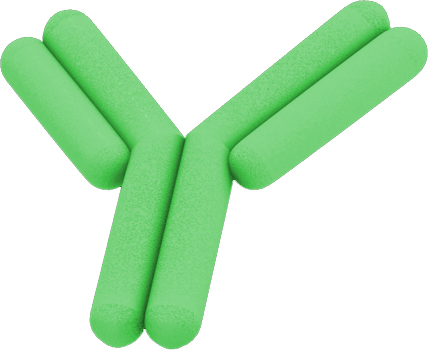Tocilizumab in AE
March 27, 2020

This week the FDA approved the initiation of a phase III clinical trial of the oncology supportive care drug Tocilizumab (Actemra – Genentech) for the treatment of hospitalized adult patients with severe COVID-19 pneumonia.
Tocilizumab is a humanized anti-interleukin (IL)-6 receptor monoclonal antibody, which blocks IL-6-mediated signal transduction. Given the crucial role of IL-6 in stimulating both B and T cells in autoimmune processes, Tocilizumab was established as efficient in various autoimmune diseases including rheumatoid arthritis and systemic lupus erythematosus. Tocilizumab is also used in the treatment of AE when second-line therapies fail or persistent neurologic problems remain, which happens in about 20-40% of patients.
In ‘Interleukin-6 Blockade as a Rescue Therapy in AE’, Dr. Russell Dale discusses options for if second-line therapies fail. These include further broad-spectrum immunosuppression or more targeted immune therapy such as monoclonal antibodies to cytokines/chemokines. He refers to a study done by Lee at al. on the use of Tocilizumab in patients with AE who have failed to respond to rituximab and continue to have significant impairments.
In this study, Lee and his colleagues showed that tocilizumab potentially improves clinical symptoms of AE in patients who do not respond adequately to rituximab. The patients in this study who received tocilizumab showed superior clinical improvement at 1 month and at the last follow up, compared with patients who received additional monthly rituximab or observation without additional immunotherapy.
Dr. Russel Dale states that despite the limitations of this study, based on the data, IL-6 blockade should be considered in patients with AE who fail to respond to rituximab or other second-line therapies. The study also emphasizes that if a patient is not improving, it is important to consider using an agent with a different mechanism of action rather than re-dosing a drug that appears to be ineffective.